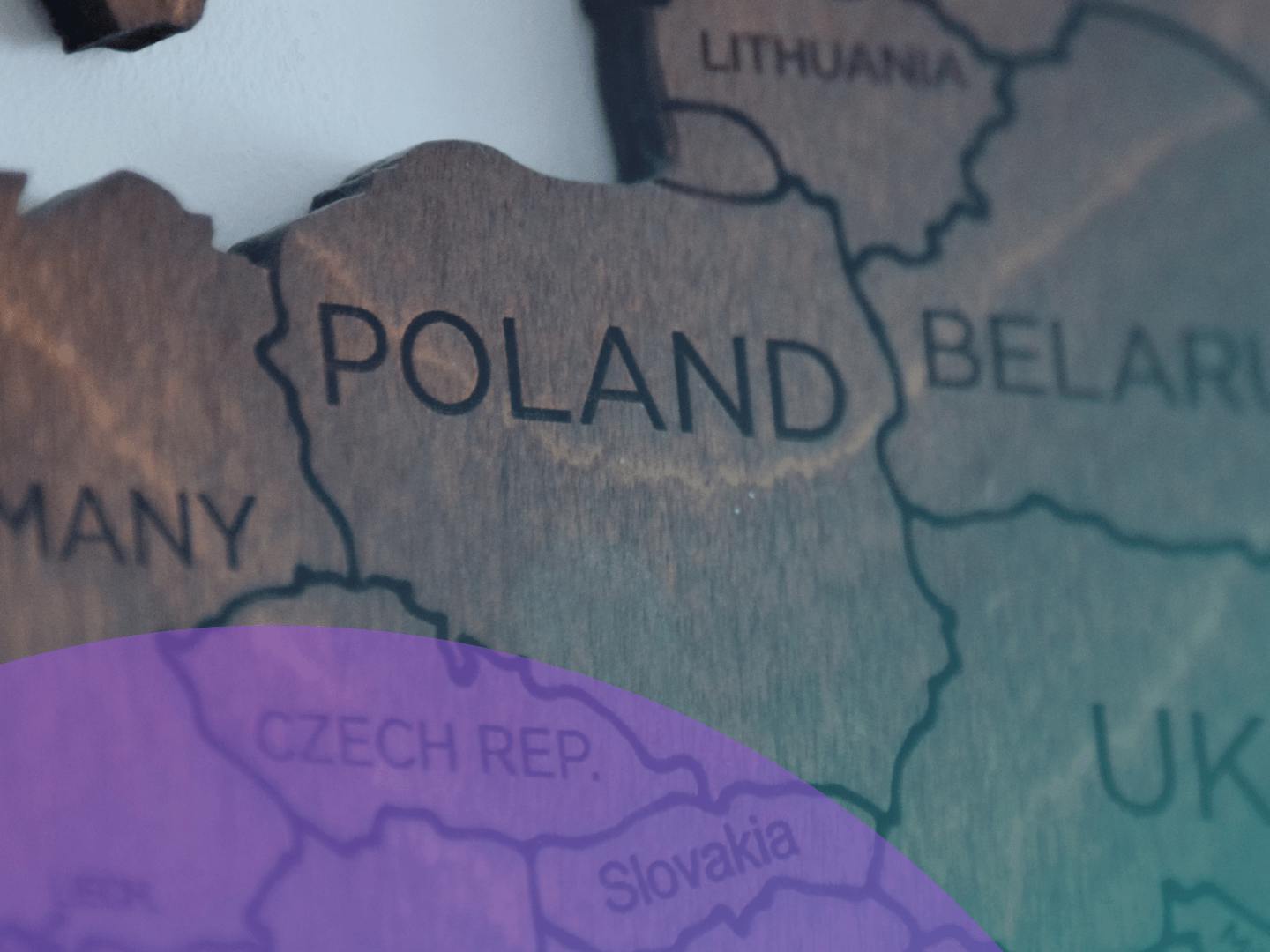The Art of Professional Polish Translation: What You Need to Know

The task of translation, especially from English to Polish, goes far beyond converting words verbatim from one language to another. Polish, a West Slavic language, diverges significantly from English in terms of grammatical structure, word order, and idiomatic expressions. Translating isn't just about linguistic knowledge; it's about understanding the subtleties and cultural nuances that make up a language. It's about ensuring the essence of the original message remains the same even as it's converted into a new language.
Consider idiomatic expressions, for instance. If translated directly into Polish, the English idiom "kick the bucket" would likely bewilder a native Polish speaker as the metaphorical meaning of 'dying' is lost. A professional translator, well-versed in both languages and cultures, would instinctively use the Polish equivalent, "kopnąć w kalendarz," thus maintaining the original intent and humor of the idiom.
The Importance of Contextual Understanding in Polish Translation
Comprehending context is integral to Polish translation. It's crucial to remember that the meaning of words can drastically change depending on the situation in which we use them. A skilled translator needs a deep understanding of both languages to translate the message and maintain the original intent accurately.
Take, for example, the English phrase "She's a star." In the context of Hollywood, it implies the woman is a famous actress, while in an educational setting, it could mean she's an excellent student. The nuances of such phrases need to be understood and accurately translated into Polish.
The Role of Cultural Nuance in English to Polish Translation
Language and culture are inextricably intertwined, each influencing and shaping the other. Thus, a successful translation transcends linguistic accuracy and must be culturally attuned and appropriate. Translators must have an understanding of the culture embedded in the language to interpret and relay nuances, references, and idioms effectively.
For example, let's say a US-based company wants to expand its Thanksgiving-related product line to Poland. A straightforward translation of their marketing materials wouldn't resonate with Polish consumers because they don't celebrate Thanksgiving there. A professional translator would instead adapt the message into something universally appealing, like 'giving thanks' or 'celebrating the harvest season,' ensuring that the marketing message still engages the new target audience.
The Unseen Challenges in Polish to English Translation
Translating from English to Polish has its complexities, but translating from Polish to English is equally challenging. Polish is a heavily inflected language, which can lead to multiple English equivalents for a single word. Choosing the correct equivalent requires a deep understanding of both English and Polish languages and their cultural contexts.
For instance, the Polish word "książka" translates to "book" in English. However, in a library context, "książka" could also mean "volume." A professional translator can navigate these complexities, ensuring the translated text aligns with the context.
Navigating the Landscape of Polish Translation Types: Basic and Specialized
Not all translations are the same. They fall into two broad categories—basic and specialized. Basic translations involve general texts without specific technicalities such as generic social media posts that translators can easily comprehend and translate, while specialized translations deal with texts requiring subject matter expertise, like legal, medical, technical, or financial translations.
Consider translating a patent document, which necessitates knowledge of the specific field and legal terminologies. A specialized translator ensures that the translated patent is accurate and comprehensible, and legally sound, reinforcing its credibility. On the other hand, giving the control of these types of crucial documents to less professional translators would result in a translated content full of errors.
Why You Should Consider Professional Polish Translation Services
Given the intricate complexities involved in translation, engaging in professional translation services is crucial. Professional Polish translators bring much more to the table than language proficiency—they understand the nuances of the language, the cultural implications, and how to maintain the integrity of the original message in the translated version.
Consider a medical document, for instance. A translation error in such a sensitive context could have grave repercussions. A professional translator with experience and knowledge in medical translations ensures that terminologies and instructions are correctly translated, safeguarding the document's accuracy and reliability.
The Benefits of Technology in the Translation Process
Technology has become a powerful ally in the translation process in this digital age. Tools like CAT (Computer-Assisted Translation) significantly improve translation consistency, efficiency, and quality. CAT tools, for instance, break down texts into manageable segments or 'translation units', facilitating a smoother and quicker translation process.
Imagine needing to translate a 100-page manual. With a CAT tool, the task becomes manageable, and the translator can maintain a consistent level of quality, ensuring a timely delivery without compromising accuracy or cohesiveness.
An introduction to Translation Memory and how it saves you money
One of the major technological breakthroughs in translation is Translation Memory (TM). This technology stores previously translated sentences and phrases, eliminating the need to translate them again and thus saving time and money.
For example, imagine a business that regularly requires translations of similar types of documents. With TM, repeating sentences or phrases don't need to be translated again, leading to significant cost savings.
Utilizing Brand Style Guide and Terminology Management in Polish translation
At Hareword, we offer unique features like Style Guide and Terminology Management to aid your translation process. The Style Guide ensures that the translated content matches your desired tone, style, and formatting. Meanwhile, Terminology Management ensures consistent use and translation of specific industry or brand-related terms.
Let's say you're a tech company with unique jargon. Terminology Management ensures these terms are consistently and accurately translated across all documents, preserving the consistency and identity of your brand in the translated content.
How to Pick the Ideal Polish Translation Service for You
Choosing the right Polish translation service is a crucial decision. It's not just about linguistic expertise—it's also about cultural understanding, the application of technology, and cost-effectiveness. At Hareword, we understand the art and science of Polish translation. We delve beyond the words to ensure your message is effectively communicated in Polish, retaining the essence and integrity of your original content. Choose Hareword as your trusted translation partner, and let us navigate the intricacies of Polish translation together.
Related Contents
Weekly Newsletter
Get Guidance on Localization, Drive Top-line Revenue





